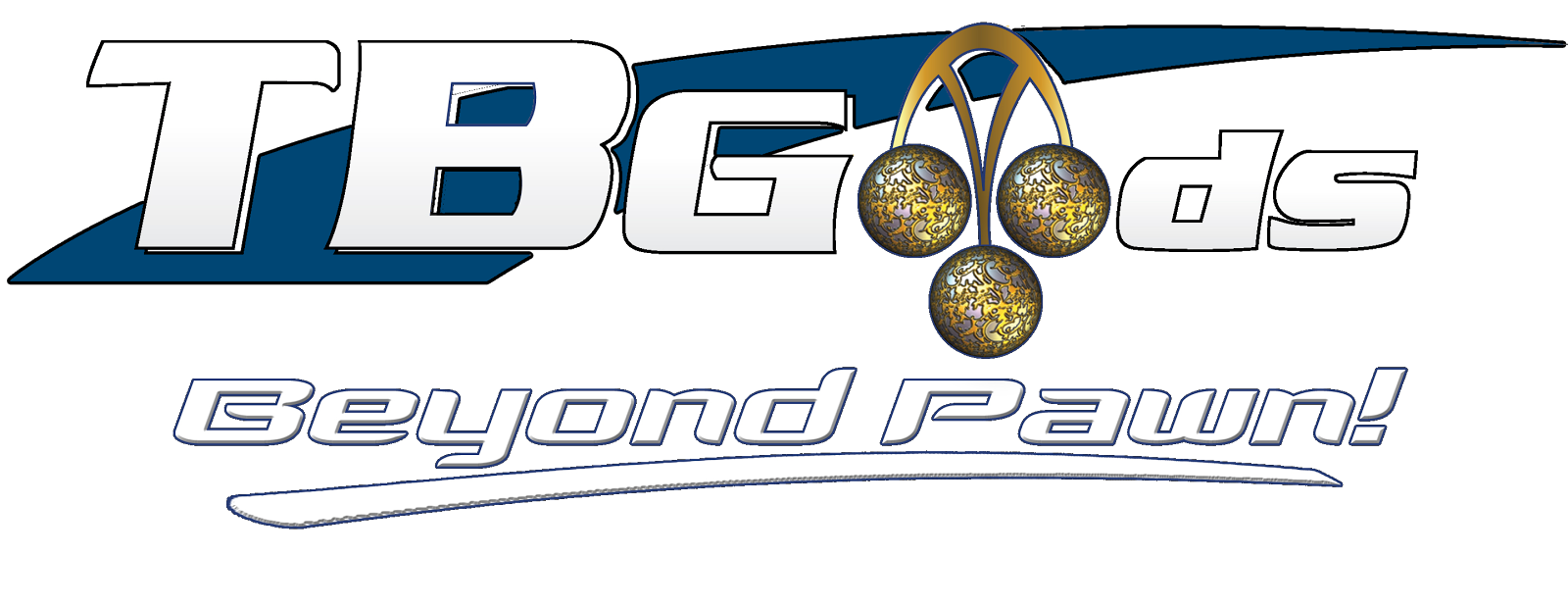Giga-what?
When talking about computers, the main attribute that determines the worth of the machine is it's memory. More memory is going to equal a faster and more powerful machine, right? That's the simplified version...going a little deeper, there are really three types of memory that we need to look at: the processor, the hard drive and the ram. Think of the computer as a person at the library reading books...the books, in this case, are all the programs that your computer is running. The processor(called the CPU or central processing unit) is like the brain of the computer, and the faster the processor, the faster it can run programs (or using the library analogy, the faster it can read books). There are a few different types of processors, including dual-core and quad-core, which allow the processor to share it's resources and multi-task on programs. The hard drive is the amount of space on a computer, or how many books are in the library. All those pictures and movies and games and programs on a computer need a place to sit, and they get placed, or installed, on the hard drive. The next part, the ram, is actually an acronym for random access memory, and this type of memory helps determine how smoothly programs will run and open. This type of memory is comparable to how many books our library patron can check out at a time...the more ram, the more books out at a time, the more programs can be run simultaneously.
That's nice...but what do I need?
Just as driving that new car off the lot decreases it's value, computers can get outdated almost as soon as they are bought. Luckily, just like that new car, most computers will still have plenty of mileage and can get you where you need to go as long as you know what to look for. Looking at the three types of memory from above, a good mid-range computer should have at least the follow specs:
- Processor - a 2gigahertz dual-core processor or equivalent
- Hard drive - a 300 gigabyte hard drive
- Ram - at least 2 gigabytes of ram.
I'll take one of those...to go!
Now having an idea of what you need on the inside of the computer, it's time to think about the outside...desktop or laptop. Generally speaking, computers will come in one of those two types, and each has it's own advantages and disadvantages. Desktop tend to be a bit more powerful for the money, and are easier to upgrade when you want to add more ram or a better hard drive. They also tend to be designed for longer use and more powerful applications...think of it as the workhorse of the two types. Laptops (also called notebooks) are, most noticeably, portable and nearly all will allow you to wirelessly connect to networks and the internet. While we referred to the desktop as the 'workhorse', laptops are more and more coming into their own, coming closer to being a desktop replacement that can run applications just as well as a desktop. There are also a newer type of computer, called a netbook, that is similar to a notebook, but stripped down for ultra-portability. These netbooks are usually without any sort of optical drive (the CD or DVD drive) and will have a smaller hard drive and less powerful processor, but make up for this by being more compact and generally less expensive. These are the perfect choice for someone who wants to be able to surf the web and e-mail no matter where they go.
I'm ready (I think)
Just like with a car purchase, it's best to go in knowing what you need first. Come in to either of our stores and let us know what you are looking for, and we'll be more than happy to help you find the perfect computer to meet your needs.

No comments:
Post a Comment